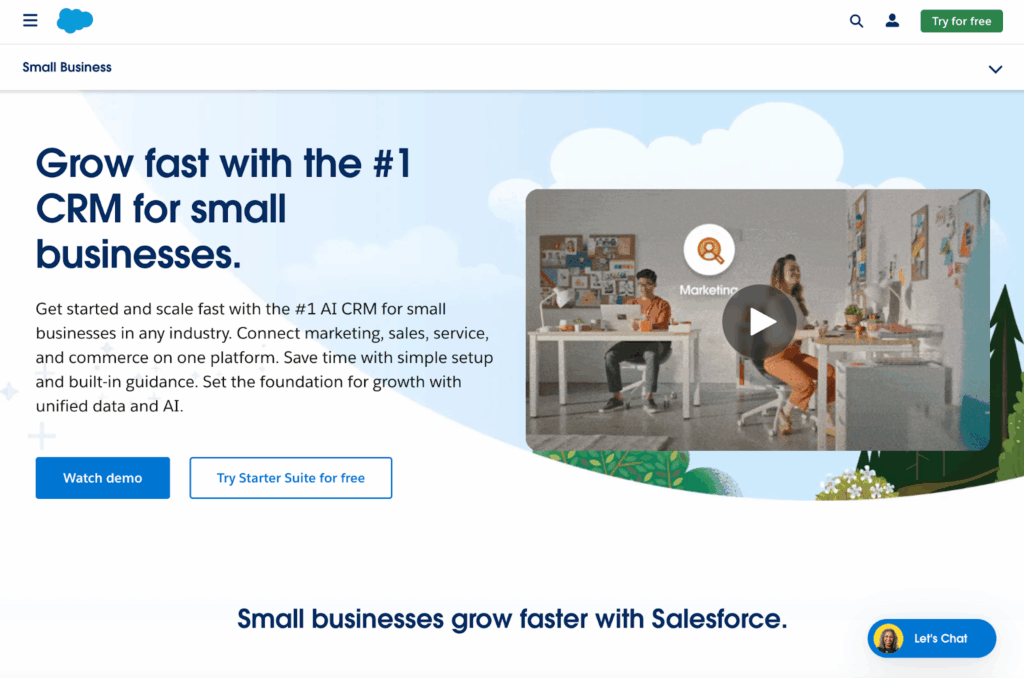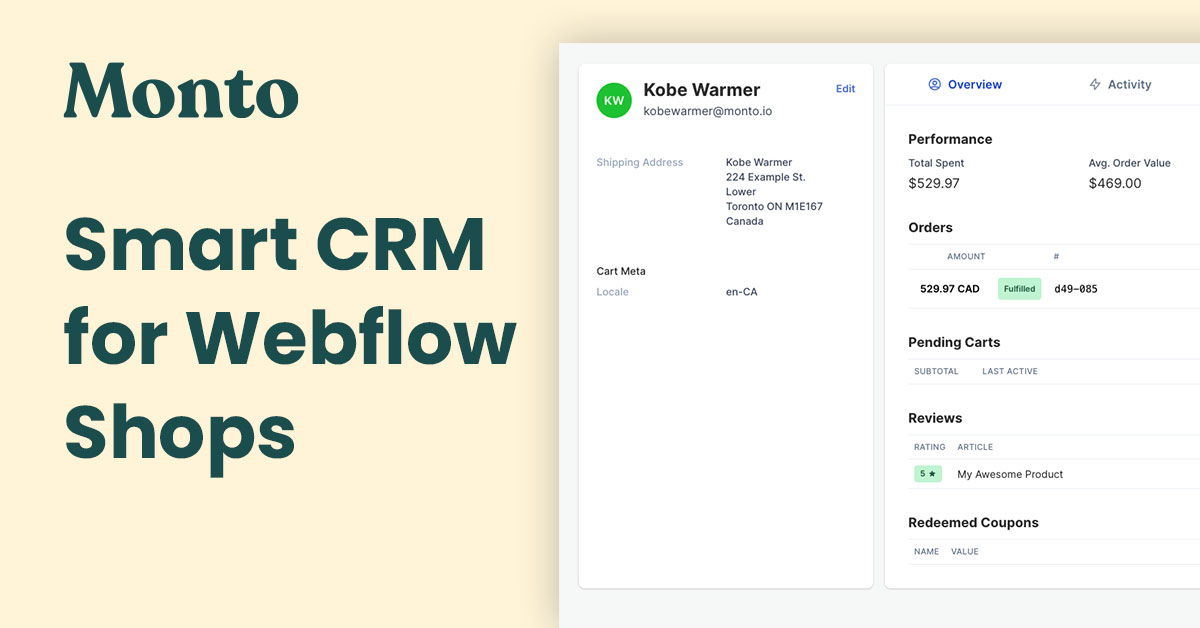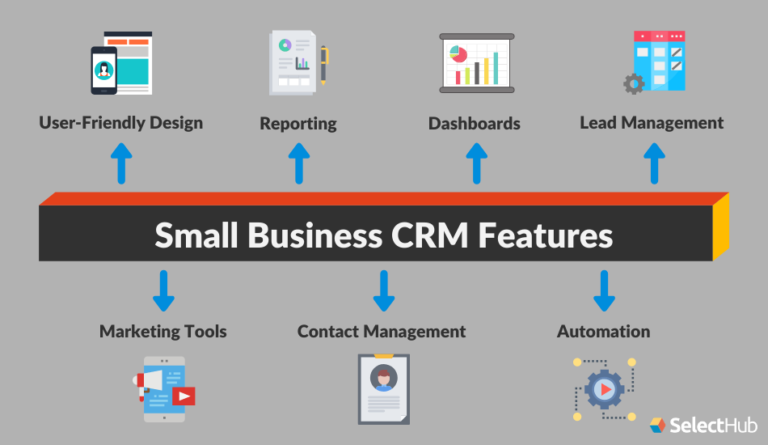Scaling Up: How CRM Systems Empower Small Businesses for Sustainable Growth

Scaling Up: How CRM Systems Empower Small Businesses for Sustainable Growth
In the dynamic landscape of the business world, small businesses are constantly striving to find the edge that will propel them toward sustainable growth. One of the most effective tools in this quest is a Customer Relationship Management (CRM) system. But it’s not just about having a CRM; it’s about choosing the right one and leveraging its power to scale your operations effectively. This article delves into the world of CRM for small businesses, focusing on how these systems can be instrumental in achieving scalability.
Understanding the Core of CRM and Its Relevance to Small Businesses
At its core, a CRM system is a technology that helps businesses manage and analyze customer interactions and data throughout the customer lifecycle. This includes everything from potential customer inquiries to post-sale support. For small businesses, this translates to a more streamlined and efficient way of managing customer relationships, which is critical for growth.
The benefits are manifold: improved customer satisfaction, increased sales, better marketing efforts, and enhanced overall business performance. But why is this so vital for small businesses? Unlike larger corporations with dedicated departments and resources, small businesses often operate with limited staff and budgets. A CRM system provides a centralized platform to manage all customer-related activities, saving time, reducing errors, and ensuring that no customer falls through the cracks.
Key Features of a CRM System for Small Businesses
- Contact Management: Centralized storage of customer information, including contact details, interactions, and purchase history.
- Sales Automation: Automating repetitive sales tasks, such as lead tracking, follow-ups, and quote generation.
- Marketing Automation: Managing and automating marketing campaigns, including email marketing, social media integration, and lead nurturing.
- Customer Service: Providing a platform for managing customer inquiries, support tickets, and feedback.
- Reporting and Analytics: Generating reports and analyzing data to gain insights into customer behavior and sales performance.
The Scalability Factor: Why CRM is a Must-Have for Growth
The primary reason why CRM is so essential for small businesses looking to scale is its inherent scalability. As a business grows, so does the volume of customer data, interactions, and sales activities. Without a robust system in place, managing this increasing complexity becomes a significant challenge.
A well-implemented CRM system can adapt to the changing needs of a growing business. It can handle a larger volume of data, accommodate more users, and integrate with other business systems as needed. This ensures that the business can continue to operate efficiently and provide excellent customer service, even as it expands.
How CRM Supports Scalability
- Centralized Data: All customer information is stored in one place, making it easy to access and manage.
- Automation: Automating repetitive tasks frees up employees to focus on more strategic activities.
- Improved Efficiency: Streamlining processes and workflows reduces errors and saves time.
- Better Customer Service: Providing personalized and responsive customer service leads to increased customer loyalty and retention.
- Data-Driven Decisions: Analyzing data and generating reports provides insights into customer behavior and sales performance, enabling data-driven decisions.
Choosing the Right CRM System: A Guide for Small Businesses
Selecting the right CRM system is a critical decision that can significantly impact a small business’s success. There are numerous options available, each with its own set of features, pricing, and capabilities. Here are some factors to consider when choosing a CRM system:
Key Considerations:
- Ease of Use: The system should be user-friendly and easy to learn, especially for a small team.
- Features: Ensure the system offers the features your business needs, such as contact management, sales automation, and marketing automation.
- Integration: The system should integrate with other business systems, such as email marketing platforms and accounting software.
- Scalability: Choose a system that can grow with your business and handle an increasing volume of data and users.
- Pricing: Consider the cost of the system, including subscription fees, implementation costs, and ongoing maintenance.
- Support: Ensure the vendor provides adequate support, including training, documentation, and technical assistance.
Popular CRM Systems for Small Businesses:
- HubSpot CRM: A free, all-in-one CRM platform that offers a wide range of features, including contact management, sales automation, and marketing tools.
- Zoho CRM: A cloud-based CRM system that offers a variety of features, including sales force automation, marketing automation, and customer support.
- Pipedrive: A sales-focused CRM system that helps sales teams manage leads, track deals, and close sales.
- Freshsales: A sales CRM designed to help businesses close deals faster and build strong customer relationships.
- Salesforce Essentials: A simplified version of Salesforce CRM, designed for small businesses.
Implementing Your CRM: Best Practices for a Smooth Transition
Once you’ve chosen a CRM system, the next step is to implement it. A successful implementation is crucial for maximizing the benefits of your CRM. Here are some best practices to follow:
Implementation Steps:
- Define Your Goals: Clearly define your objectives for using the CRM system, such as increasing sales, improving customer satisfaction, or streamlining processes.
- Plan Your Implementation: Develop a detailed implementation plan, including timelines, tasks, and responsibilities.
- Clean Your Data: Ensure your existing customer data is accurate, complete, and up-to-date before importing it into the CRM system.
- Customize the System: Configure the CRM system to meet your specific business needs, including customizing fields, workflows, and reports.
- Train Your Team: Provide adequate training to your team on how to use the CRM system effectively.
- Test the System: Thoroughly test the system to ensure it’s working correctly before going live.
- Monitor and Optimize: Continuously monitor the system’s performance and make adjustments as needed to optimize its effectiveness.
Common Implementation Challenges and How to Overcome Them:
- Data Migration Issues: Ensure data is properly formatted and mapped during the migration process.
- User Adoption Problems: Provide adequate training and support to encourage user adoption.
- Integration Difficulties: Carefully plan and test integrations with other systems.
- Lack of Customization: Customize the system to meet your specific business needs.
Maximizing Your CRM Investment: Strategies for Long-Term Success
Implementing a CRM system is just the first step. To realize the full potential of your investment, you need to adopt strategies that ensure long-term success. This involves ongoing optimization, continuous improvement, and a commitment to leveraging the CRM system to its fullest extent.
Strategies for Maximizing Your CRM Investment:
- Regular Data Audits: Regularly review and clean your customer data to ensure its accuracy and completeness.
- Workflow Optimization: Continuously optimize your workflows to improve efficiency and reduce errors.
- Performance Tracking: Track key performance indicators (KPIs) to measure the effectiveness of your CRM system.
- User Feedback: Gather feedback from your team to identify areas for improvement and address any challenges.
- Stay Updated: Keep up-to-date with the latest CRM features and best practices.
- Integration Refinement: Continuously improve and refine integrations with other business tools for seamless data flow and automation.
Example: Consider a small e-commerce business using a CRM to manage its customer interactions. By regularly analyzing customer data, the business can identify trends, such as popular products or preferred communication channels. This allows the business to tailor its marketing efforts, improve its customer service, and ultimately increase sales. Furthermore, by automating email marketing campaigns based on customer behavior, the business can nurture leads and drive conversions more effectively.
CRM and the Future of Small Business Growth
The future of small business growth is inextricably linked to the effective use of technology, and CRM systems are at the forefront of this trend. As technology continues to evolve, CRM systems will become even more sophisticated, offering advanced features and capabilities that will further empower small businesses.
Emerging Trends in CRM for Small Businesses:
- Artificial Intelligence (AI): AI-powered CRM systems can automate tasks, provide insights, and personalize customer interactions.
- Mobile CRM: Mobile CRM systems allow businesses to manage customer relationships on the go.
- Social CRM: Social CRM systems integrate with social media platforms to provide a holistic view of customer interactions.
- Personalized Customer Experiences: CRM systems will enable small businesses to deliver highly personalized customer experiences.
- Data Analytics and Business Intelligence: Advanced analytics will provide deeper insights into customer behavior and sales performance.
Small businesses that embrace these trends and leverage the power of CRM systems will be well-positioned to thrive in the competitive business landscape. By embracing digital transformation and prioritizing customer relationships, small businesses can achieve sustainable growth and build strong, lasting customer relationships.
Conclusion: Embracing CRM for a Scalable Future
In conclusion, a CRM system is not just a tool; it’s a strategic investment that can transform a small business. By centralizing customer data, automating tasks, and providing valuable insights, CRM systems empower small businesses to scale their operations efficiently, improve customer satisfaction, and drive sustainable growth.
Whether you are just starting out or looking to take your business to the next level, implementing a CRM system is a crucial step. By choosing the right system, implementing it effectively, and continuously optimizing its use, small businesses can create a scalable foundation for long-term success.
The journey to scalability is challenging, but with the right tools and strategies, small businesses can navigate the complexities of growth and achieve their full potential. CRM systems are a key enabler on this journey, providing the necessary support to build strong customer relationships and drive sustainable business growth.



